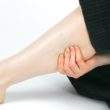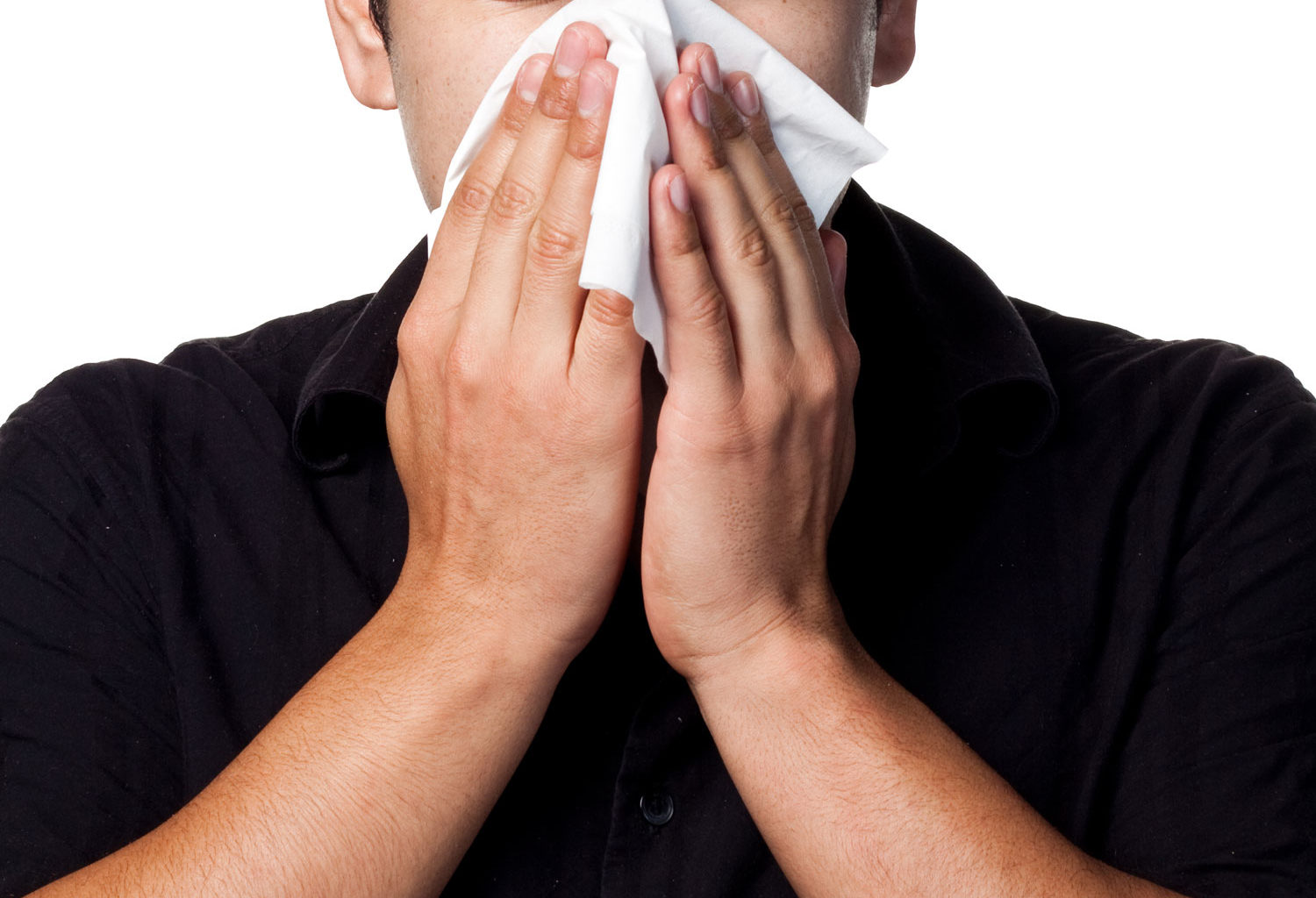Your sinuses should be filled with nothing but air at any given time. However, there are times when it becomes plugged and packed with fluid and microbes. This condition is called sinusitis — the inflammation and infection of the sinuses.
The sinuses are hollow spaces found in your skull. Everyone has a total of 4 pairs of sinuses:
1. The maxillary sinuses – the largest of all sinuses, found in the cheekbones.
2. The fontal sinuses – situated in the low-center of your forehead.
3. The ethmoid sinuses – found in the nasal bridge right between the eyes.
4. The sphenoid sinuses – located in the bones at the back of the nasal cavity.
As you can see, your sinuses are named after the bones of the skull where they can be found. When these sinuses become inflamed and filled with anything that’s not supposed to be there, pain and other symptoms ensue.
Different Sinusitis Symptoms
You know you are suffering from sinusitis when you feel pain and pressure in facial areas where your sinuses are. Loss of smell, nasal stuffiness and nasal discharge are common symptoms too. It’s not unlikely for you to suffer from dental pain as well as fatigue. Fever and bad breath may be present too because of the ongoing infection in your sinuses.
Various Causes of Sinusitis
There are different reasons behind the development of sinusitis. Most of the time, it’s caused by the common cold or allergic rhinitis. There are instances when the condition is brought about by the presence of nasal polyps (small growths in the lining of the nasal cavity) and deviated septum (a shift in the bone that separates the nasal cavity).
According to the experts, there are different types of sinusitis based on the duration. Sinusitis that lasts for a month or less is called acute sinusitis. Something that doesn’t go away for 4 to 8 weeks is medically referred to as subacute sinusitis. Sinusitis that lasts for 8 weeks or more is the chronic kind. Something that attacks several times a year is known as recurrent sinusitis.
Natural Remedies for Sinusitis
These are some of the tried-and-tested effective home remedies for sinusitis:
• Drink plenty of fluids. Having lots of water and consuming fruit juices, tea and clear broth help make thick mucus in the inflamed sinuses to thin out, making it easier for them to drain. Refrain from drinking alcohol and coffee that leave you dehydrated, making mucus to thicken further.
• Eat spicy foods. It’s no secret that the consumption of spicy foods makes your nose run. If you’re suffering from sinusitis, this effect can be very good for you as it hastens the drainage of mucus in the sinuses. Many spices like turmeric, black pepper and ginger help reduce inflammation and boost the immune system too.
• Inhale mucus-breaking steam. Fill a small basin with hot water. Add a few drops of peppermint or eucalyptus oil in it. Put your face down close to the basin and drape a large towel over your head. Inhale the steam to thin out mucus.
• Use a neti pot. Especially if you frequently suffer from sinusitis, it’s a good idea to invest in a neti pot. This small device is designed specifically for irrigating the nasal passages with the help of saline solution.
• Consume apple cider vinegar. Mix 2 to 3 tablespoons of apple cider vinegar in a cup of warm water or any tea of your liking. Drink this concoction up to 3 times daily to help relieve sinus pressure and promote mucus drainage.
Tips on Preventing Sinusitis
Below you can find some of the things that may help keep that painful sinusitis at bay:
• Stay in an indoor area where the air is neither too dry nor humid.
• Maintain proper moisture levels in the nose with the use of saline sprays or installation of humidifier.
• Refrain from smoking. Similarly, avoid exposure to cigarette smoke and other environmental pollutants.
• Avoid using household cleaning solutions that give off fumes which can irritate the nose and sinuses.
• Steer clear of prolonged swimming in pools with chlorinated water as chlorine may irritate the linings of the nose and sinuses.
• Similarly, refrain from diving in water as the pressure may force water into the nasal cavity and the sinuses.
• Strengthen your immune system by supplementing with vitamin C as well as having a well-balanced diet consisting of plenty of fruits and vegetables.
• Consult an allergy specialist if it seems like your sinusitis attacks frequently and you haven’t been given an allergy evaluation in the past.












